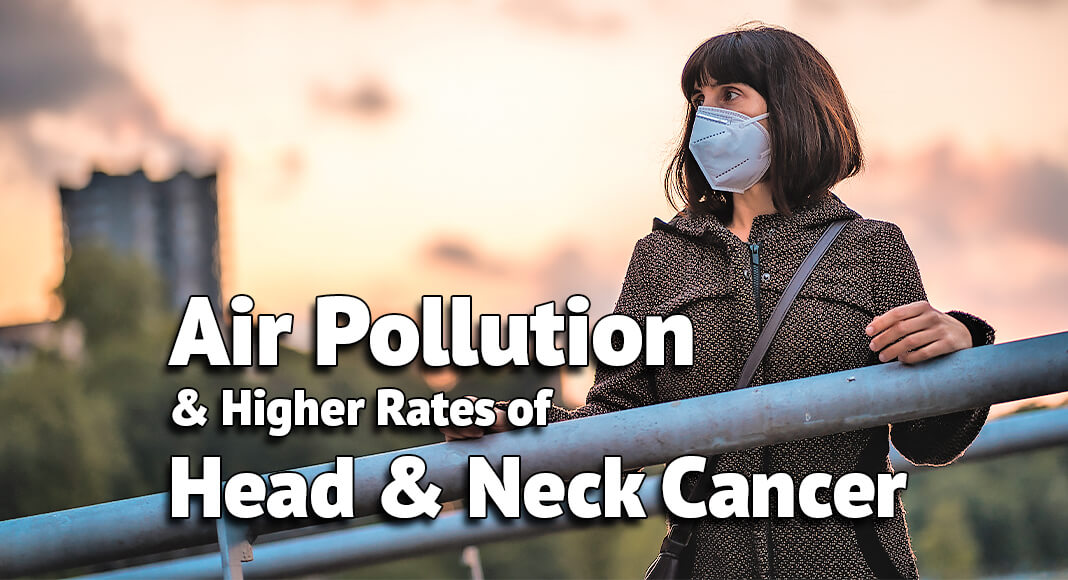
Mega Doctor News
By Wayne State University Division of Research
Newswise – DETROIT – A recent study published in the journal Scientific Reports correlates higher levels of pollutant particulate matter to higher occurrences of head and neck aerodigestive cancer.
The article, “Air Pollution Exposure and Head and Neck Cancer Incidence,” is the work of a multi-institutional collaboration with researchers from Wayne State University, Johns Hopkins University and Mass General Brigham.
The study was led by John Cramer, Ph.D., associate professor of otolaryngology, and John Peleman, M.D., medical resident in the Department of Otolaryngology, in the Wayne State University School of Medicine. They collaborated with Mass General Brigham, an integrated academic health care system.
“There has been previous research on air pollution, but the effects mostly were connected to cancers within the lower respiratory system,” said Cramer. “Head and neck cancer is a harder link to show, and it has a much lower occurrence than lung cancers, but since they also occur as a result of smoking, similar to lung cancers, we wanted to explore any connections. Presumably, the link to head and neck cancer comes from what we breathe to that material affecting the lining in the head and neck. We see a lot of occurrences of where carcinogens touch or pool in the body to where cancers can occur.”
“While there has been substantial research investigating the effects of air pollutants on lung disease, few studies have focused on air pollution exposure as a risk factor for the upper airway, including the development of head and neck cancer,” said senior author Stella Lee, M.D., of the Center for Surgery and Public Health and Division of Otolaryngology-Head & Neck Surgery at Brigham and Women’s Hospital, a founding member of the Mass General Brigham health care system. “These findings shed light on the significant role of environmental pollution in cancers of the upper aerodigestive tract, highlighting the need for further awareness, research and mitigation efforts.”
Their research used data from the U.S. Surveillance Epidemiology and End Results (SEER) national cancer database from the years 2002-12. Cramer observed the highest association between this type of pollution exposure with head and neck cancer after a five-year lag period. They focused on PM2.5, which is particulate matter measuring less than 2.5 microns, and its effect on head and neck aerodigestive cancer incidence.
“We are looking at a certain size of air pollution particulates,” said Cramer. “The size of the particles is relevant because the classic model for studying the upper airways is that the nose and throat act as filters before it gets into the lungs. Larger particles are being filtered out, but we are conceptualizing that different types of pollution hit different parts of the airways.”
Cramer hopes to expand their research by taking other data sets into account. He hopes that by showing this research to the public, it could help guide policy as well as aid treatment in the future.
“Environmental health and personal health are inextricably linked,” said co-author Amanda Dilger, M.D. of CSPH and Massachusetts Eye and Ear, a member of the Mass General Brigham health care system. “Our study highlights the need to improve air quality standards in order to decrease the risk of developing cancer, including head and neck cancer.”










